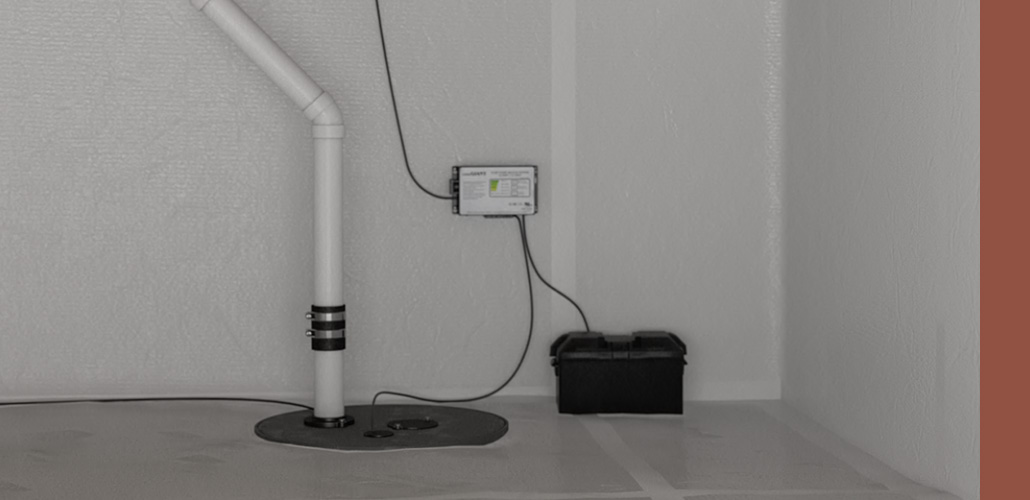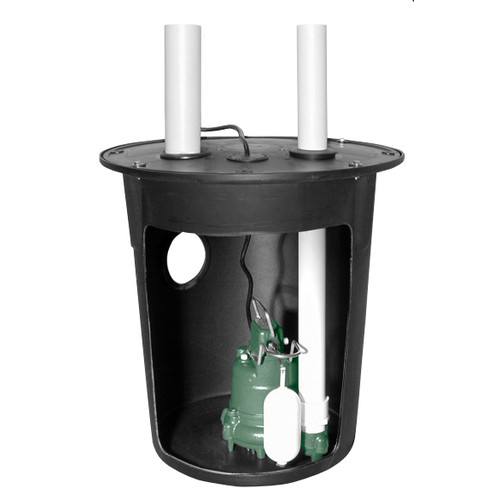Recognizing the Key Parts of Effective Water Purification Equipments

Importance of Water Purification Equipment
Water filtering systems play a vital function in guaranteeing access to safe and tidy drinking water by effectively getting rid of pollutants and impurities. These systems are vital in addressing the expanding worries over water quality and the possible health and wellness risks related to taking in infected water. By making use of various filtration devices such as reverse osmosis, activated carbon, and UV sanitation, water filtering systems can successfully get rid of harmful materials like bacteria, infections, heavy steels, and chemicals from the water supply.
Moreover, water filtering systems aid to improve the preference and smell of water by eliminating chlorine, debris, and various other pollutants that can impact its top quality. Water Filtration Systems. This improvement in water quality not only makes it extra palatable but likewise urges individuals to consume an appropriate quantity of water daily, promoting far better hydration and overall health and wellness
Kinds Of Filtering Parts

Physical filters are developed to physically strain out contaminations from the water. These filters can be constructed from materials like ceramic, carbon, or even sand, and they work by trapping bits bigger than the filter's pores as water goes through.
Chemical filters utilize numerous chemical processes to remove pollutants from the water. Instances consist of triggered carbon filters, which adsorb contaminations, and turn around osmosis membrane layers, which make use of stress to separate contaminants from the water.
Biological filters utilize living organisms like algae or germs to break down organic matter and contaminants in the water. These filters are commonly made use of in wastewater therapy plants or all-natural water filtration systems.
Understanding the different kinds of filtering elements is important for choosing the most suitable water filtration system for particular purification needs.
Function of Sediment Filters
Debris filters play an essential role in water filtration systems by efficiently capturing solid particles suspended in the water. These filters are generally the very first line of defense in a filtering system, removing larger fragments such as sand, silt, dust, and rust before the water relocates via finer purification phases. By capturing these sediments, the filters avoid them from reaching downstream parts, hence prolonging the life expectancy and effectiveness of the entire system.
The feature of debris filters is important in maintaining water top quality and securing sensitive equipment from damages triggered by particles. Furthermore, by removing visible bits, sediment filters enhance the quality and preference of the water. Frequently cleaning or replacing debris filters is important to guarantee optimal efficiency. Neglecting this upkeep can lead to obstructing, reduced water circulation, and compromised filtering performance. Generally, debris filters are vital components that add significantly to the efficiency of water filtration systems.
Duty of Activated Carbon Filters
Playing a crucial duty in water filtration systems, activated carbon filters are crucial in removing pollutants and impurities from the water supply. These filters are created to adsorb and catch a broad variety of toxins, consisting of chlorine, volatile organic compounds (VOCs), pesticides, and herbicides. The triggered carbon product has a big surface location, enabling the efficient trapping of pollutants with a process called adsorption. As water travels through the filter, the turned on carbon brings in and holds onto the pollutants, making sure that the water that appears on the various other side is cleaner and more secure for usage.
Activated carbon filters are very efficient at improving the preference and odor of water by lowering chemicals that can influence its high quality. Due to their versatility and integrity, triggered carbon filters are a key part in making sure check these guys out that water is purified to the greatest standards prior to reaching consumers.
Understanding Reverse Osmosis Solutions
Reverse osmosis systems are advanced water purification systems that employ an innovative process to eliminate contaminants and pollutants from alcohol consumption water. These systems function by using stress to the water, compeling it through a semi-permeable membrane layer. This membrane layer functions as an obstacle, enabling just distilled water molecules to go through, while obstructing larger molecules such as minerals, chemicals, and various other impurities. Consequently, the water that appears on the other side is dramatically cleaner and safer for usage.
In addition, reverse osmosis systems are reasonably low-maintenance and can be mounted under the sink or in a main purification system, supplying hassle-free accessibility to clean water throughout the home. Overall, understanding how reverse osmosis systems function can assist individuals make notified decisions concerning their water purification needs.
Verdict
In verdict, efficient view it now water purification systems are important for guaranteeing secure and clean alcohol consumption water. By understanding the feature and role of each element, individuals can make educated decisions when choosing a water filtration system.
Water purification systems play an important role in making sure access to clean and secure drinking water by successfully getting rid of pollutants and contaminations. By making use of various filtering devices such as reverse osmosis, activated carbon, and UV sanitation, water filtration systems can effectively remove harmful compounds like microorganisms, viruses, heavy metals, and chemicals from the water supply.
Debris filters play a crucial function in water filtering systems by properly capturing solid bits put on hold in the water (Water Filtration Systems).Playing a critical role in water filtering systems, triggered carbon filters are critical in getting rid of contaminations and contaminants from the water supply.Reverse osmosis systems are sophisticated water filtering systems that utilize an see this page innovative process to remove contaminants and impurities from drinking water